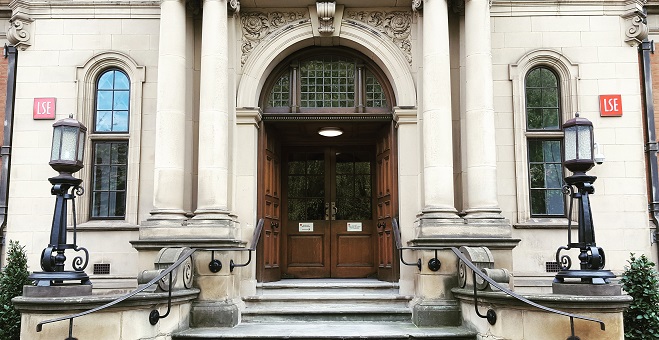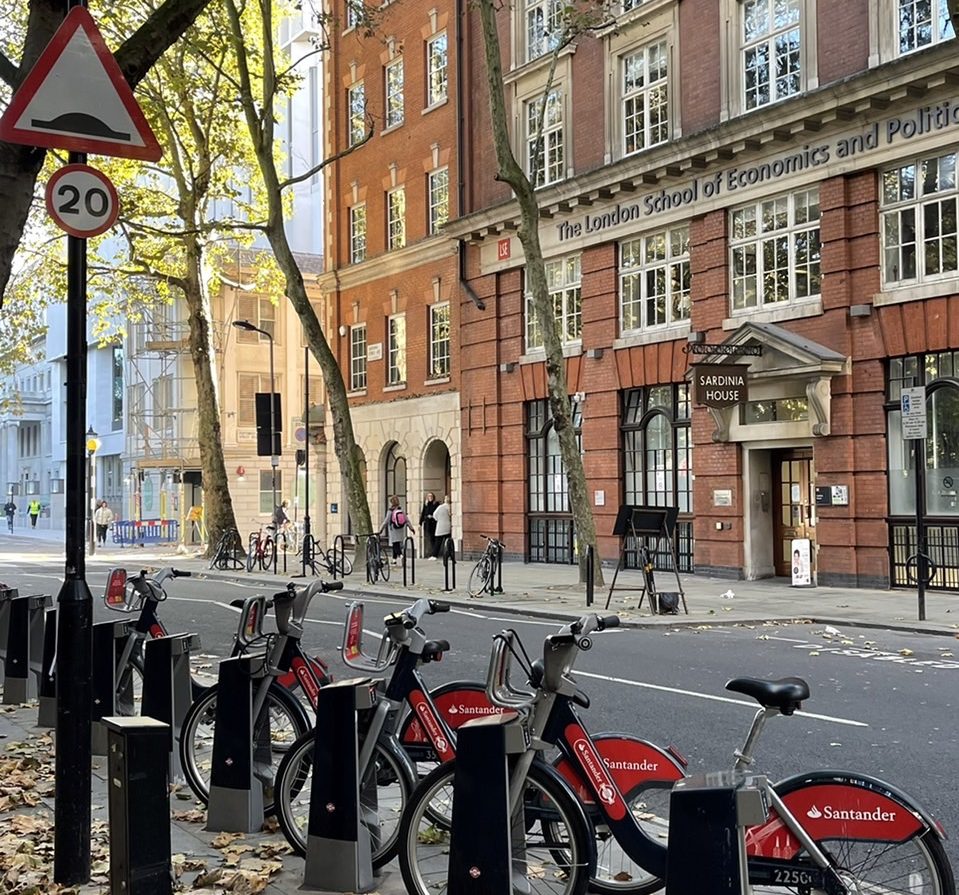Personal statements can be daunting. Whilst you may have the motivation for your chosen course, translating this onto paper is often tricky and overwhelming. To make the process a little easier, here are four essentials to consider when writing your personal statement.
1. Remember you are applying to LSE
It may seem obvious, but it’s amazing how easily you can fall into the trap of producing a generalised statement that could be sent to any university, ensuring yourself a swift rejection. To avoid this, first look at what attracts you to LSE. Is it LSE’s location alongside institutions that are constantly shaping our society? Is it LSE’s public lecture series? Be sure to include these thoughts.
Secondly, focus in on the programme structure of your particular course. The perfect place to start looking is The LSE website programmes page for your course; browse the modules available and think about ones that stand out to you. Noting this in your statement shows that you aren’t only interested in studying the subject, but you’re interested in studying it at LSE.
2. Brush up on your areas of academic interest
Did you read an interesting article in the Financial Times recently related to your subject? Do you remember your favourite book that you always referred to during your undergraduate? Generally speaking, what are you particularly interested in within your chosen course, and how can you evidence this? Think back to those articles and books, establish what really resonated with you, and be sure to stick this in your statement.
I skimmed back through books that I read during my undergraduate degree and kept an eye on developments in the news regarding my areas of interest. Referencing these books and developments allowed me to add substance to claims like: “I am really interested in International Relations” that by themselves are boring and lack evidence to back them up. You will also be giving a flavour as to what you’re like as an academic. After all, LSE prides itself on its academics and research and wants its students to follow suit.
3. Don’t be afraid to talk about your personal experiences (in moderation)
There’s a reason why it’s called a personal statement. Including anecdotes and snapshots of your personal life can help to frame your motivations, and whoever reviews your statement will find it refreshing to read something that’s unique to you. However, be careful. The art of drawing in personal experiences is to do so in moderation. Whilst it’s good to mention how a certain aspect of your upbringing attracted you to your course, the personal statement isn’t a life story, and you should be careful to balance your personal experience with academics.
4. Prepare and utilise the connections around you
I hope the tips above have inspired you to start thinking about your statement, but with all your ideas in mind, it’s vital that you don’t throw yourself into the deep end and just start writing. Dumping all your thoughts onto paper without careful planning beforehand can leave you confused and stressed. Map out your ideas, whether that’s using bullet points or a mind map, organising the structure of your statement and making sure everything you plan to write flows from one paragraph to the next.
Once you have your plan (and again upon finishing your first draft) ask your old university tutors, colleagues and friends to review it for you. They’ll be more than happy to help. It’s always useful to have a fresh pair of eyes to notice anything that needs tweaking, and to provide suggestions that will make your statement even better.
Final remarks:
Above all, take time to craft your personal statement. All these tips are useless if you don’t dedicate time to implement them. Personally, it took me two weeks to produce my statement. One week was spent gathering my thoughts and planning, another week spent writing, editing, and getting others to review my statement. If you need longer, take longer, it’s all about getting it right.
Good luck and happy personal statement writing!





